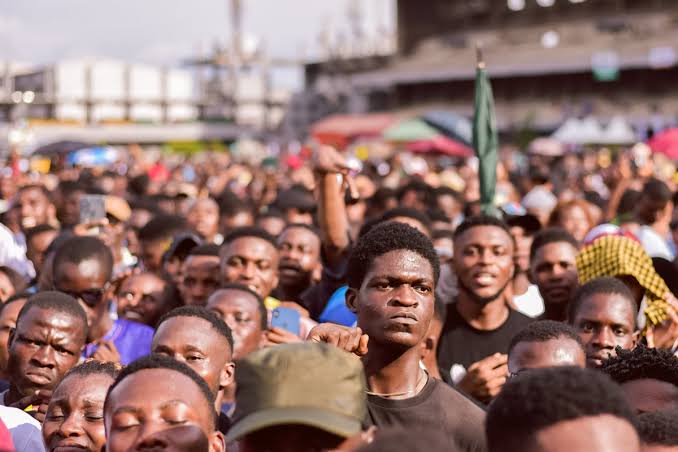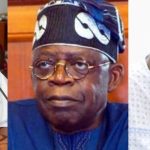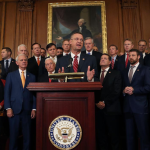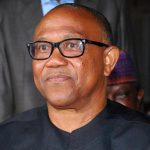Abuja, Nigeria – A coalition of civil society organisations and media specialists has introduced a new governance model aimed at strengthening digital democracy in Nigeria, in an innovative attempt to counter the obstacles confronting the nation’s democratic processes in the digital era. The initiative, modeled after the traditional three branches of government, aims to address the weaknesses that have plagued Nigeria’s digital broadcast and online political system.
This announcement was made in Abuja during a virtual political training workshops that attracted the interest of foreign observers, political figures, and civil society groups. The new governance model is structured around three core pillars: the Executive, the Legislative, and the Judicial branches, mirroring the framework of Nigeria’s constitutional democracy.
Executive Branch: Digital Governance Authority (DGA)
The Digital Governance Authority will function as the executive arm, tasked with implementing policies and ensuring the effective operation of digital platforms. This branch will be in charge of managing digital infrastructures, en forcing laws pertaining to online material, and regulating digital broadcast standards. The DGA seeks to improve digital media’s accountability and transparency by imposing strict monitoring.
Legislative Branch: Digital Policy Council (DPC)
The Digital Policy Council will represent the legislative branch, which is responsible for developing and enforcing digital rules and regulations. Made up of representatives from the media, academia, technology, and civil society, among other areas, the DPC will see to it that regulations pertaining to digital areas uphold democratic principles and represent a range of viewpoints. Additionally, this branch will prioritise public participation and citizen feedback gathering in order to develop inclusive and representative digital policies.
Judicial Branch: Digital Ethics Tribunal (DET)
As the judicial branch, the Digital Ethics Tribunal will decide cases and make sure that digital laws, rules, and standards are followed. Cases involving misinformation, unethical behaviour within the digital ecosystem, and infringement of digital rights will be handled by this impartial authority. Through the provision of an equitable and unbiased platform for conflict resolution, the DET seeks to maintain legal order in Nigeria’s digital environment.
Driving Forces and Objectives
Prominent groups like the Nigeria Civic Tech Network, Digital Rights Nigeria, and the Centre for Digital Democracy are part of the coalition supporting this effort. Their joint concern for the decay of democratic ideals in the digital sphere—which is clarified by the rapid technological change, cyberbullying, and digital divide—motivates their cooperative work.
According to Jonah Ubanmhen, the coalition’s executive director, “the goal of this initiative is to create a resilient framework that can adapt to the fast-evolving digital environment while preserving the core principles of democracy.” By integrating the strengths of traditional governance structures into the digital domain, we aim to build a more robust and participatory democracy for Nigeria.”
Challenges and Future Prospects
While the new model has been met with optimism, challenges remain in its implementation. Key issues include awareness campaigns, ensuring the independence of each branch, and gaining the necessary political support. However, the coalition remains hopeful that this innovative approach will set a precedent for other nations grappling with similar issues.
International observers have praised the initiative as a forward-thinking response to the global challenge of maintaining democratic integrity in the digital age. “This is a revolutionary move to protect democracy in the digital age,” said Leyla Nkrumah, an African Union expert on digital democracy. “Countries facing comparable challenges may find inspiration from Nigeria’s model.”
As Nigeria embarks on this ambitious journey to strengthen its digital democracy, the world watches closely, hopeful that this new model will indeed fortify the nation’s democratic foundations and inspire similar efforts globally.








